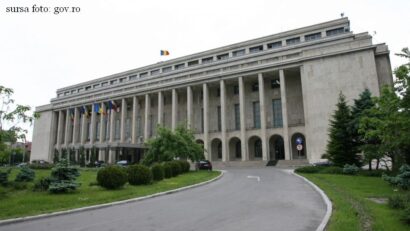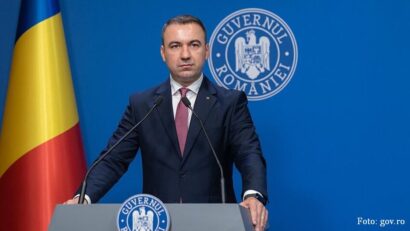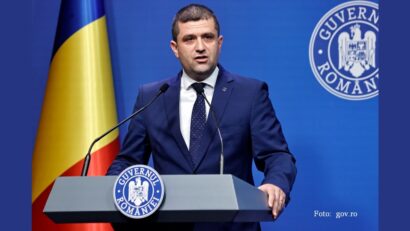National Minorities’ Day in Romania
National Minorities' Day is celebrated in Romania on December 18

Mihai Pelin, 18.12.2018, 13:41
26 years ago, the UN General Assembly adopted the
Declaration on the Rights of Persons Belonging to National or Ethnic, Religious
and Linguistic Minorities. The international document provides guarantees for
their rights in general, so several states recognized its importance by
declaring December 18th the National Minorities’ Day. Romania too
has joined the international initiative, so on December 18th we
celebrate all national minorities living in this country: Albanian, Armenian,
Bulgarian, Croat, Greek, Jew, German, Italian, Hungarian, Polish, Roma, Lipovan
– Russian, Serb, Slovak, Check, Tartar, Turkish, Ukrainian, Macedonian and
Ruthenian. Cultural events, symposiums, round tables and other specific actions
are held on this day.
National Minorities’ Day is the expression of the
general interest in living in a democratic society, characterized by tolerance
and diversity, in the good functioning of which we are all engaged, says
Romania’s President Klaus Iohannis, himself an ethnic German, in a message
conveyed on the occasion. Preservers of ancestors’ traditions, and valuable
contributors to modernizing the state and shaping our European identity, the
national minorities have built, together with the Romanian majority, the
democratic and pro-European road that Romania took to in December 1989 the
Romanian president’s message also reads. In a world of competition and global
challenge, Romania must be defined by inter-ethnic dialogue, as a factor of social
cohesion and human development, tolerance and fight against chauvinism and
xenophobia, the president also says.
The Romanian Parliament too has sent a message to the
Romanian citizens belonging to national minorities, through the voice of
Varujan Pambuccian, a representative of the Armenian minority. National
minorities in Romania have developed and asserted their own ethnic identity,
not only by means of laws, but also and more importantly, on the basis of a
process that started 100 years ago, when the Romanian people decided to form
the Romanian modern nation and Greater Romania together with the other peoples
living on the historical territories of Romania, with whom they shared
history, says Varujan Pambuccian. Romania is a European model with regard to
the protection of national minorities’ rights, which go beyond international
standards and support their participation in the decisions making process concerning
society as a whole.
We recall that 18 of the recognized national
minorities in Romania are represented in the Chamber of Deputies, and the
Democratic Union of Ethnic Hungarians, the political party of the largest
minority in Romania, has been part of many coalition governments established
since 1996.
(Translated by M. Ignatescu)






























